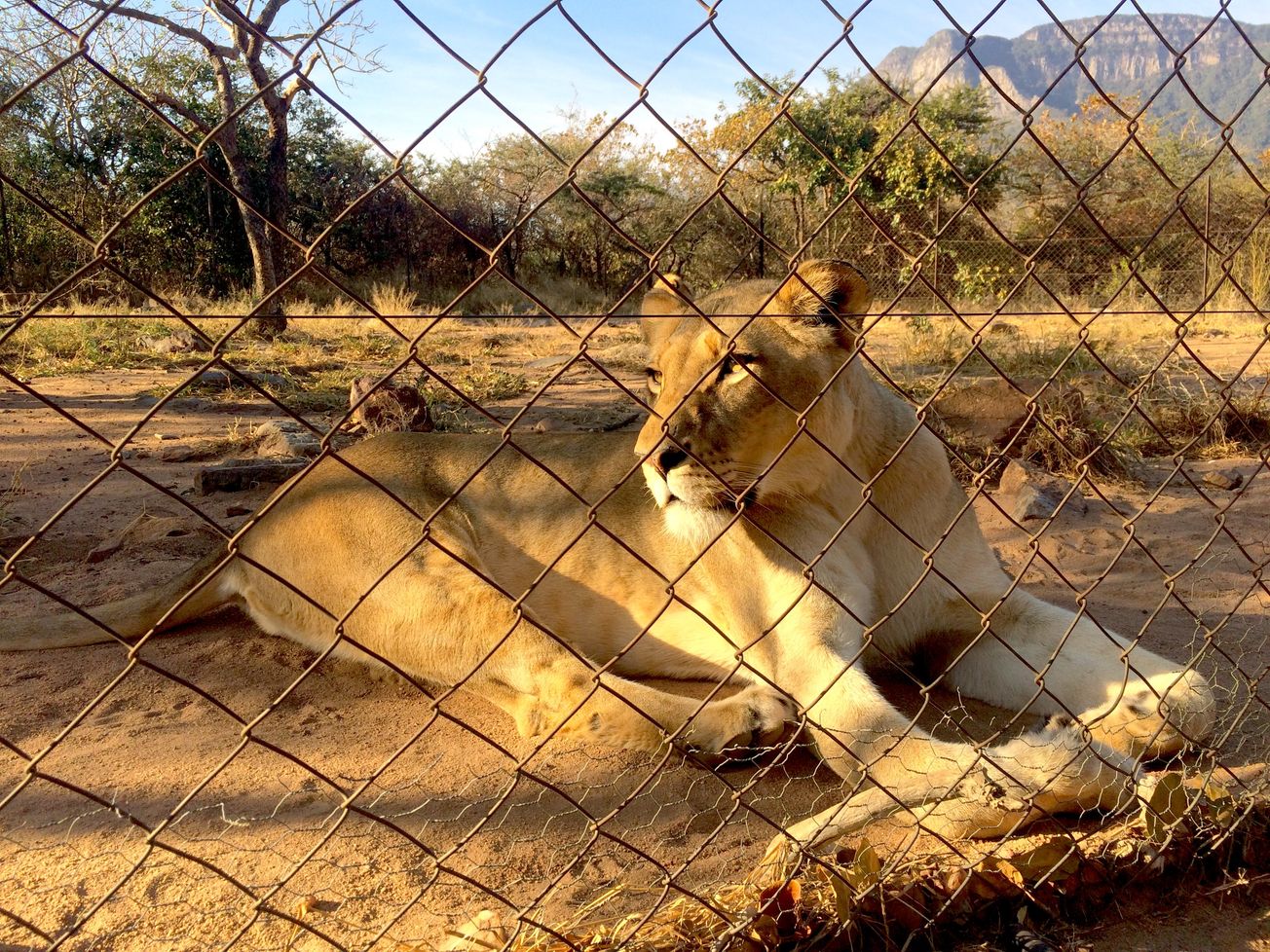By Julia Riopelle, SciTech Editor
Bristol Zoo is closing its Clifton site and relocating to its Wild Place site after opening 185 years ago.
This difficult decision has come after a massive loss of visitation due to the COVID-19 pandemic this past year. The zoo already suffered financial blows from its closure during the first national lockdown but kept operating under the rule-of-six guidelines and social distancing afterwards. However, the Clifton site could not recover from the current second lockdown.
Bristol Zoological Society predicted a multi-million-pound loss this year due to the pandemic and due to past trends, estimate a further £44 million loss over the next 20-year period if they keep operating two sites. Bristol Zoo has unfortunately already needed to dismiss 35 posts in the last few weeks. There is simply not enough money to support the animal inhabitants, staff and conservation efforts abroad.
The decision to support Bristol Zoo’s plan to secure their future was unanimous amongst the 12 members on the board of trustees. It was emphasised that the Clifton site will be sold to a buyer who will leave the iconic entrance standing, in order to act as a ‘heritage’ symbol of its rich history. The organisation hopes that the land will become an urban hub for conservation projects, such as Avon Gorge and Downs Wildlife Project community. Bristol Zoo will remain open until 2022, whilst the Wild Place is being redeveloped, and the latter is set to re-open in 2024 as the new ‘Bristol Zoo’.
Despite the closure, there are some positive aspects of this relocation. The Clifton site is only 12 acres in size and realistically not large enough to support some of the bigger animals currently there. This can especially be seen in the lion enclosure, where often the individuals are continuously pacing along the same tracks. As much as the team care deeply for the Clifton site and all of its memories, it is simply not up to the welfare standards that a modern zoo should be.
We need your help like never before. The pandemic has had a huge impact on zoos, safari parks and aquariums. It threatens our work to fight extinction & protect nature for future generations. Stand with us, stand with nature. #YourZoosNeedYou pic.twitter.com/XXpy0i27mZ
— Wild Place Project (@wild_place) November 13, 2020
Dr Justin Morris, Chief Executive of Bristol Zoological Society, said: ‘This new strategy presents an opportunity to create a world-class zoo that sets the standard for a modern, forward-looking zoo in the 21st century. It will be an inspiring, immersive wildlife experience with conservation and sustainability at its heart, where animals will have the space and facilities to thrive. New exhibits will link visitors to our conservation projects around the world and provide the tools for visitors to become conservationists themselves.’
Bristol Zoo forced to make staff cuts due to COVID-19
Little lemurs get the big bucks
The Wild Place is a very large grassland area of 136 acres, just bordering the north of Bristol. It is a more modern approach of displaying the world’s exotic species to the British public, where animals can roam more freely in far-reaching enclosures.
So, although this is a loss of the historic site for Bristol Zoo, it is definitely a step-up for the quality of life of its animal residents.
Featured Image: Epigram / Julia Riopelle
Will you be visiting Bristol Zoo one last time before it closes its Clifton site?








